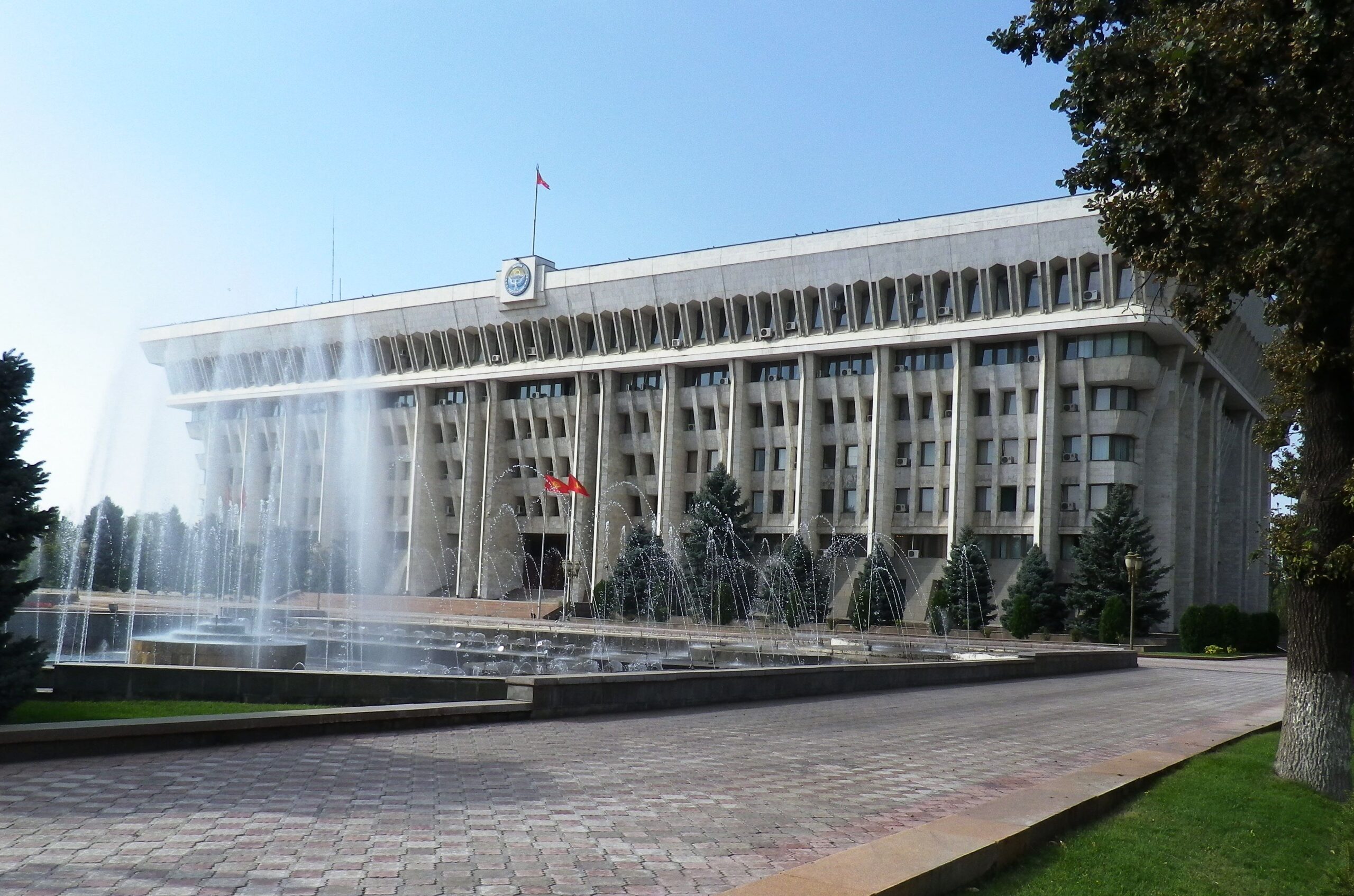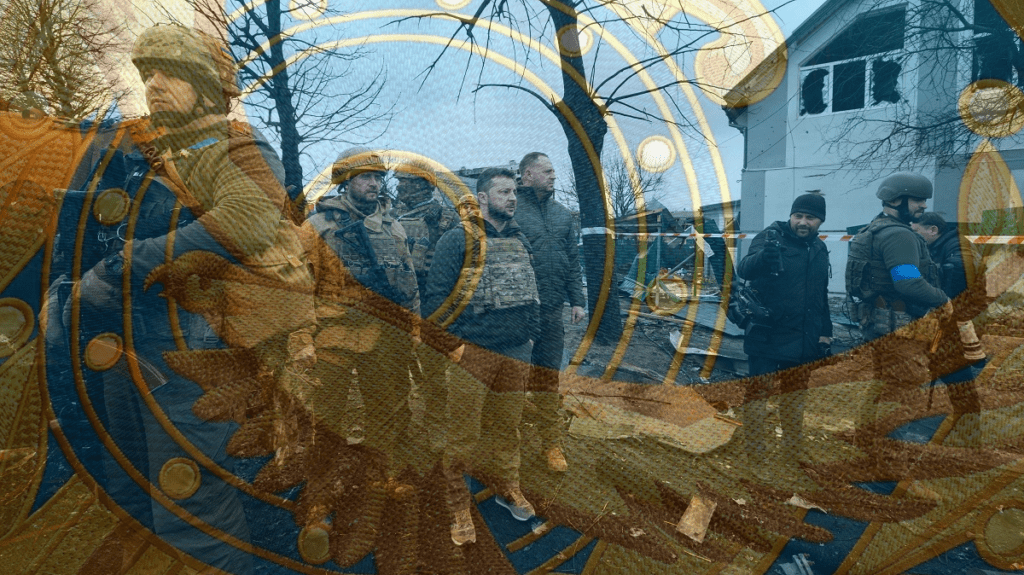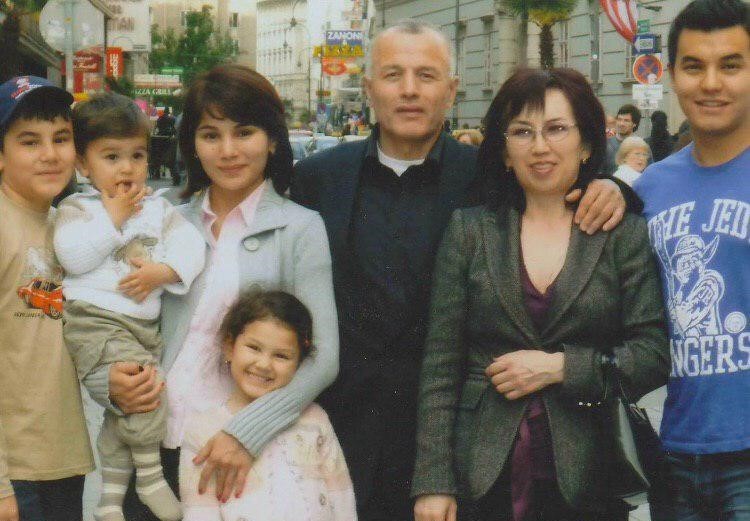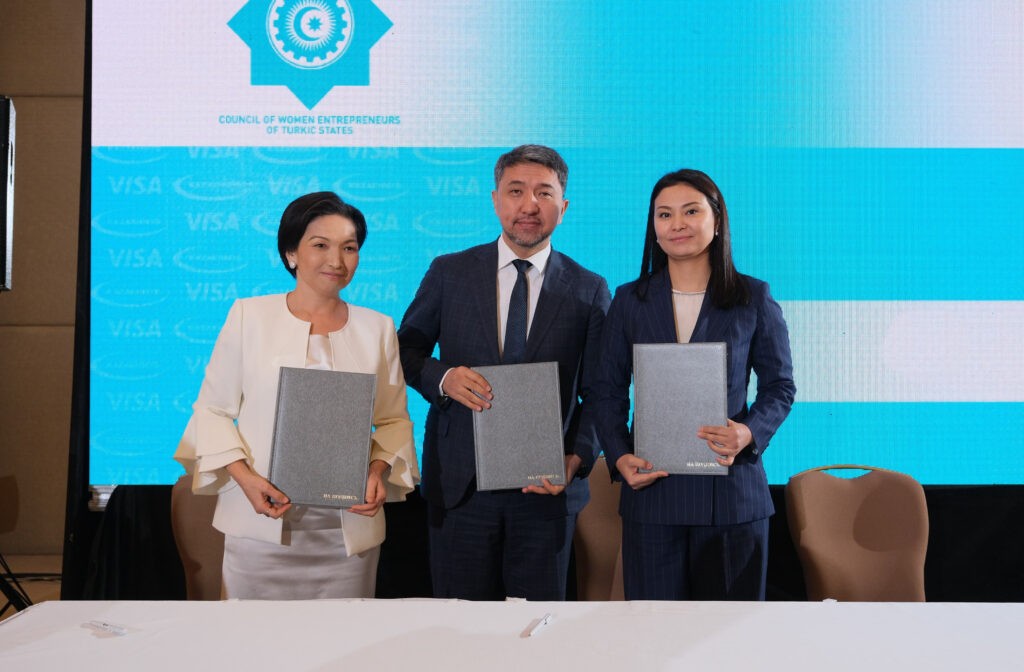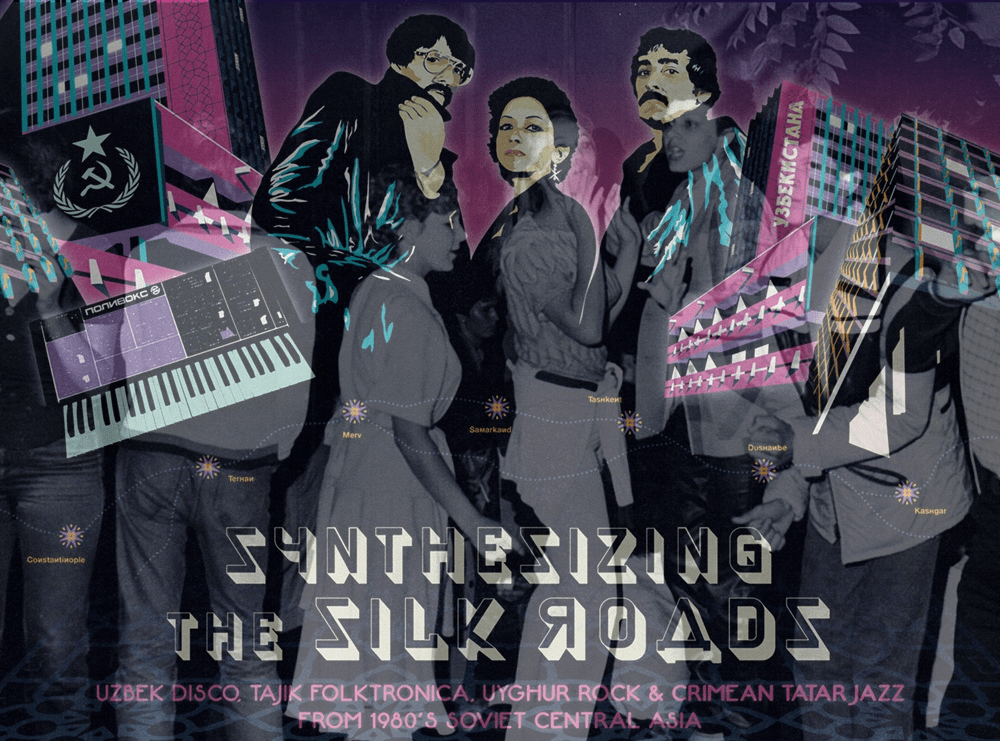The President of the Kyrgyz Republic, Sadyr Japarov has said that he wants top business people and wealthy citizens to repatriate their assets to Kyrgyzstan instead of storing it abroad – which is why he has decided to start with himself. Last summer, Kyrgyzstan adopted a law on legalization – or declaring assets to the government – of property. According to official statements, its main goal is to transition the property and income of individuals from the shadow economy into legal economic activity through voluntary declaration of assets. The law stands until July 1st, 2024.
“Voluntary legalization of and amnesty [for] assets will allow [the nation] to bring some shadow assets into legal turnover, which, as a consequence, will contribute to an increase in legal economic activity. According to the National Statistical Committee of Kyrgyzstan, the shadow economy accounts for 21% of the republic’s GDP, and according to unofficial data, the shadow economy accounts for 40% of the republic’s GDP. In this regard, the voluntary legalization and amnesty of assets of individuals is part of the preparatory stage of the transition to universal declaration,” reads the law’s background note.
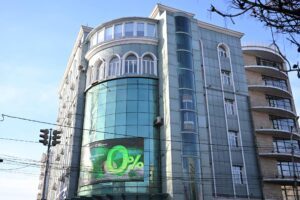
Image: Japarov Facebook post
The president noted that all large and medium-sized business people used to register their property in someone else’s name to avoid paying taxes to the state, and he was among them because he entered into politics from business. He lamented the fact that the richest citizens still keep their billions in foreign banks.
Under the law, authorities guarantee that of all tax declarations previously submitted to state agencies will not be subject to prosecution. This is to give assurance to anyone seeking amnesty that the state will honor current assessments of income and property that have been legalized. The document states that if the amount a person legalizes exceeds 100 million som ($1,100,000), the submitting citizen must pay a so-called declaration payment of one million som ($11,000) to the state.
“The value of my property is about 20 million dollars. I paid one million som to the state for the purpose of legalization. This is required by law. I have no savings abroad, and if I had, I would have invested them in our banks,” the president wrote.
Japarov said he constructed a building in the center of the capital back in 2010, but because of political persecution by the previous authorities, he had to hide the fact the multi-story building belonged to him. Now, he has registered the building under his own name. The head of state stressed that based on the law, the authorities guarantee all citizens the safety of legalized capital: “There is no other goal. There will be no questions [put] to you.”
The president noted that he’s the first to legalize his property, despite the fact that the law came into force more than six months ago. At the end of last year, Japarov also urged owners of markets and large retail outlets to transition their assets out of the shadow economy. According to the law, declarants and nominal owners of assets are exempted from criminal and disciplinary liability, as well as from tax and customs payments.
With Japarov’s declaration, this is the first known case in which the leader of a post-Soviet state admittedly and officially became a millionaire in dollar terms. On paper, Russian President Vladimir Putin earns a salary of $140,000 per annum, and has savings of $606,000, owns an 77-square meter apartment, a garage, a camping trailer, and three cars, including a 1999 Lada Niva. Unofficially, he is often cited as being among the ten richest people in the world.
